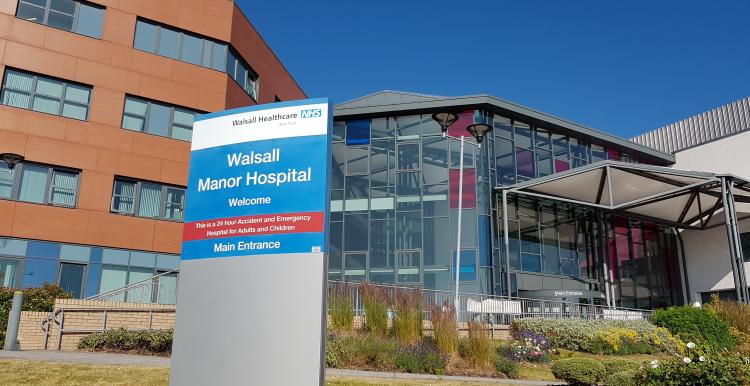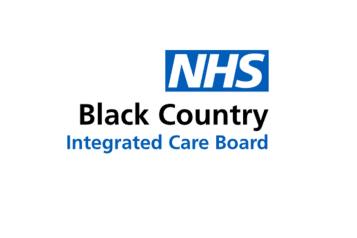NHS industrial action: Common questions
Which workers have backed industrial action?
Up to 100,000 nurse members of the RCN;
Up to 20,000 ambulance members of GMB, Unison and Unite;
4,000-plus members of the Chartered Society of Physiotherapy; and
Junior hospital doctor members of the British Medical Association are also being balloted in January.
When will strike action take place?
6 and 20 March: Ambulance strike by GMB at same 7 trusts as in February.

On the first ambulance strike days, fewer people than normal called 999 and 111. This led NHSE to change its messaging, to remind people to still seek help for genuine, life threatening emergencies and to contact 111 for medical advice when needed.
Local Healthwatch can check with their local ambulance trust, what agreements have been reached with unions about what kind of calls will be affected.
What will physiotherapist strikes mean for patient care?
The Chartered Society of Physiotherapy says it intends to maintain an emergency respiratory on-call service throughout any days of strike action.
But otherwise, services will be similar to Christmas Day cover.
Physiotherapists and physiotherapy support workers provide rehabilitation to prevent people being admitted to hospital or to help speed up the discharge of patients. So fewer staff on duty could affect the current efforts to tackle hospital discharge delays and improve the ‘flow’ of patients through hospitals from A&E.
How will patients find out which local services are affected?
NHS England (NHSE) has written to trusts that they should provide “clarity to patients and staff around service provision on days of planned industrial action through early notification and communication”.
Healthwatch England has met with NHSE and Department of Health and Social Care officials, calling for full and timely communications to patients whose care is postponed, inpatients and the general public.
Click Here Walsall NHS Trust website with strike action information:


